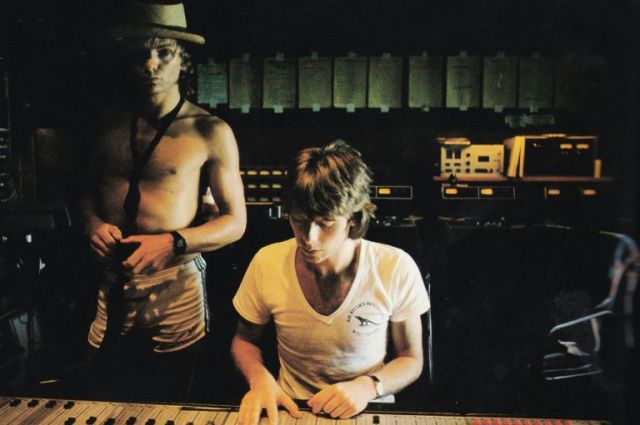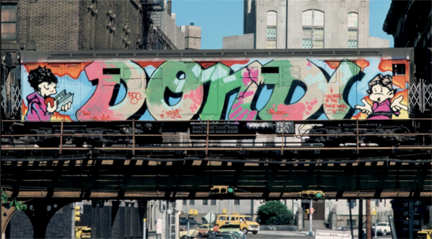
This is a guest post by Stephen Choi, a singer-songwriter based in Melbourne, Australia. He creates music under his artistic moniker Duel Native, and is a founding member of London-based indie band Greyhound Green. He describes his sound as a blend of alt-rock, indie-folk and dream-pop, with some environmental science thrown in. Thus far, he’s released three singles and an EP, his latest of which is the lovely single “Hiding Out”, which dropped September 2nd.
He named his music project ‘Duel Native’ for two reasons: First, to reflect his international heritage and dual citizenship, as he’s half-Trinidadian and half-Hong Kongese, born in the UK, and currently based in Australia. Second, it recognizes his multiple passions in life, the two biggest of which are music and his environmentalism. Stephen is also a trained environmental architect who’s currently working on “green music” projects, like reducing waste at festival campsites, understanding the life-cycle impacts of releasing digital music, and exploring alternatives to PVC in records, i.e. non-vinyl vinyl! With that in mind, he’s written an article about the positives and negatives of using vinyl for records, and efforts being made to remedy the problem.
Turning the Tables
People love vinyl. And it seems, every year, they love it more. The vinyl resurgence began in the mid-2000s, and has since grown at an increasing rate. Last year, one out of every three albums sold in the US were vinyl LPs.
Why is this happening? I think it’s because there are things you can do with vinyl that you don’t do with digital music, like… wrap it up and give it to someone, or put the artwork on a wall, or read the liner notes, or – and this one is for real music-lovers – actually listen to an album from start to finish!
As a musician, I love vinyl too, but the problem with vinyl is… well, the vinyl. Or more specifically… the PVC. PVC has been described as “The Poison Plastic”, and “One of the most hazardous consumer products ever created.”
Polyvinyl chloride – or PVC – is a rather controversial synthetic material, typically made from ethylene (found in crude oil) and chlorine (found in salt). To cut short a science lesson, when processed, these two ingredients are combined to form PVC. Throw in some Polyvinyl Acetate to make a polymer, plus a few other additives, and we end up with a mix that is used to make vinyl records. It’s often referred to by the industry as “the most versatile plastic”, because they’re kind of “ideal” for records – you can achieve a smooth finish, it’s robust but not too brittle, and, it’s cheap to make.
The problem is that production of PVC results in toxic, chlorine-based chemicals and dioxins that are building up in our air, water, and food chain, and they spread across the globe quickly.
Scientific studies show these chemicals are linked to severe and wide-spread health problems, including infertility, impaired childhood development, immune system damage, hormone disruption, and even cancer. Musicians aren’t usually au fait with chemistry, but most I’ve listened to know that there’s something about the toxicity of vinyl that they don’t feel so comfortable being a catalyst for.
In recent years, we’re starting to see PVC being removed from all kinds of products from all kinds of companies, from toothbrushes to yoga mats, to kids’ toys. But it’s still the primary ingredient in vinyl records!
So… what to do about our love of vinyl? Do we stop buying it? Do we stop listening to music altogether due to the environmental impacts of doing anything at all?
I would say a resounding NO!
If you love vinyl, there are a lot of things we can do to reduce the impact, such as:
- Go to a local indie record store and buy used vinyl.
- If we’ve got records we don’t listen to, give them away or sell them!
- Finally, let’s look after our records well, because one thing worse than vinyl is… damaged vinyl, because PVC is almost never recycled.
There’s another exciting development in this space… new materials to make vinyl. Later this year, the world’s first bioplastic LP will be released. The mix was formulated by Evolution Music after five years of research, and it contains sugars and starches – not PVC – and does not create any toxic waste in their production!
Being a first-of-its-kind, it won’t be perfect; further work is being done. Like any attempt to shift an industry, change can be scary. But, I believe this is the start of a healthy conversation, and one that will change the vinyl industry for good. So we can keep listening to music and keep supporting artists, and do so whilst caring for the health of our world.
Have a listen to his latest single “Hiding Out”:
Connect with Duel Native: Facebook / Instagram
Stream/purchase his music: Spotify / Apple Music / Soundcloud / Bandcamp















